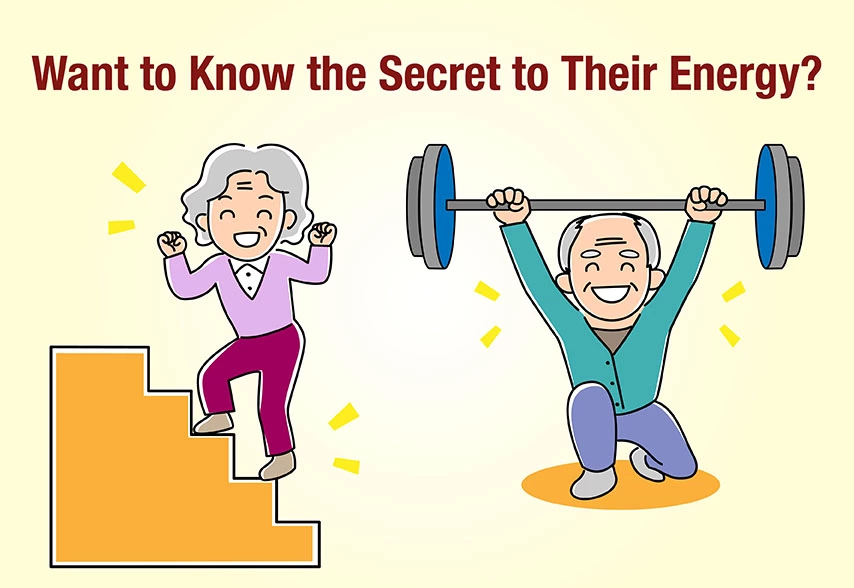As a result of age-related changes in the body, everyone requires different vitamins and nutrients. When providing elderly care, the focus is often on preventing osteoporosis and other common ageing issues. However, vitamin deficiency can cause many problems that are best avoided.
While vitamins are best sourced from a healthy, balanced diet, some seniors can find themselves limited by reduced appetite, difficulty finding the right foods, and potential problems with chewing and digestion. In these cases, supplements can do a great job of making up the difference.
However, make sure to always talk to the doctor about the best solution for the health of the elder members of your family before getting started. It’s also essential to check that any supplements won’t interfere with other medication they're taking. Here are some of the most common, daily vitamin requirements for seniors that you should be looking out for:
Vitamin D
Some seniors may find they’re not getting enough sunlight to produce optimal amounts of vitamin D, and this deficiency can contribute to osteoporosis. Vitamin D is important for strong bones, as well as protecting against auto-immune disorders. While sunlight is the best source, it is also found in foods such as salmon, egg yolks, fortified cereals, and mushrooms.
Vitamin B12
As we age it can be harder for the body to absorb vitamin B12, which helps keep nerve and blood cells healthy. Therefore, when providing elderly care, find out the correct vitamin B12 dosage for seniors and ensure they get the right amount. To include it in the diet, make sure they eat foods such as eggs, sardines, and nutritional yeast.
Calcium Citrate
This is particularly important for post-menopausal women, as their ability to absorb calcium falls. Calcium-rich foods to include in the elderly daily diet plan are fortified cereals, cheese, milk, and yoghurt. You can also bring home sugar-free health drinks that provide them with daily vitamins and nutrients.
Folate
When caring for the elderly, you should know the importance of each vitamin. Folate helps in the production of red blood cells, a deficiency can cause anaemia, which can make you feel weak and lethargic. To include folate as part of a healthy diet for senior citizens, ensure they have more of leafy greens, lentils, and bananas.
Probiotics
They’re not technically vitamins or minerals, but probiotics support digestive health and strengthen the immune system. When providing elderly care, make sure the seniors of your home get a healthy dose of probiotics. You can find them in fermented food and drink such as yoghurt, miso, and kombucha tea.
Caring for the elderly can be a very fulfilling process. Make sure you and your family are provided for with Future Generali's life insurance plans.



Comments